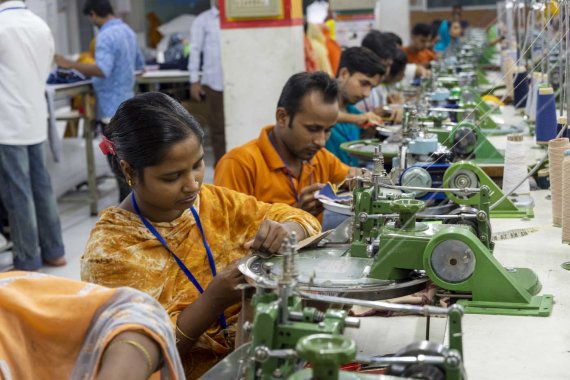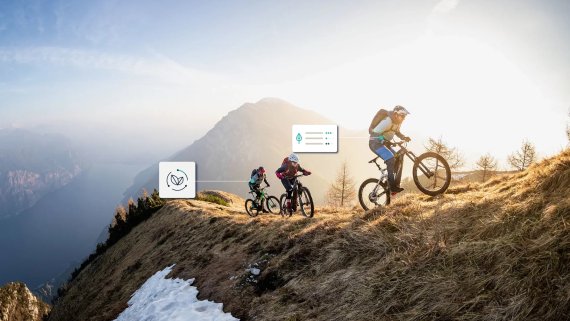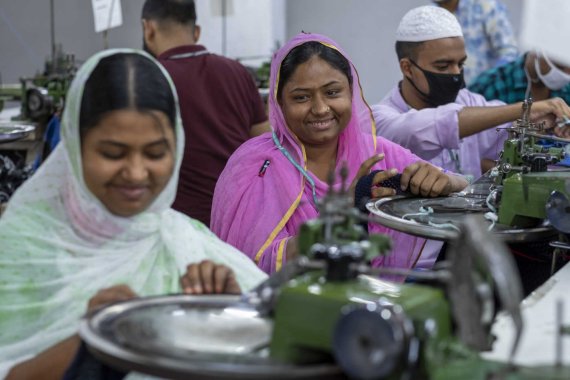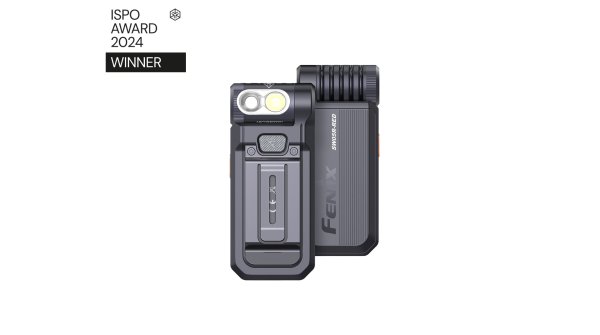
In an era where sustainability and social justice are non-negotiable, impact tools have become indispensable for fostering transparency and accountability in an increasingly reporting-oriented landscape. These tools empower industries to monitor progress, pinpoint challenges, and implement targeted actions based on measurable outcomes, such as labor metrics, environmental impact, and supply chain practices. By aligning with frameworks like the OECD guidelines and leveraging validated certifications, organizations ensure that their efforts are data-driven, credible, and consistent across borders.
Crucially, this aligns with EU legislation such as the Corporate Sustainability Reporting Directive (CSRD), which mandates transparent reporting on environmental and social performance, and the Corporate Sustainability Due Diligence Directive (CSDDD) and upcoming EU Forced Labour Regulation. These legislative frameworks provide a legal backbone that reinforces the role of impact tools in creating a unified standard of responsibility across industries.
Education also plays a pivotal role in driving sustainability. Impact tools are not just about monitoring—they enable informed decision-making by fostering a deeper understanding among stakeholders, from businesses to consumers. Education helps bridge the gap between complex data and actionable insights, creating the foundation for a shared vision of responsibility.
Systemic change requires collaboration. Multi-stakeholder industry organizations bring diverse expertise to the table, helping companies avoid inefficiencies and redundancies. These organizations establish shared standards, prevent greenwashing, and enable collective action that scales sustainability initiatives. By integrating risk assessments, certification standards, and transparent labeling, these partnerships ensure that sustainability and social justice is not just an aspiration but a measurable reality.
Step into the future of responsible business at the ISPO Munich 2024 Sustainability Hub, where seven visionary organizations are reshaping supply chain transparency and driving measurable progress in social and environmental impact. This is your chance to connect with the people behind the scenes, setting new standards for sustainability, explore actionable solutions, and gain the insights you need to scale transformative practices.
Looking to drive real change? Dive into expert-led resources like the bluesign Academy and Fair Wear Academy to navigate critical EU legislation such as the CSDDD and the newly implemented Forced Labor Ban. Strengthen your impact by partnering with leading tool providers like Cascale, Retraced, Oeko-Tex, and initiatives like Sympatex Digital Fabric Libary or Material Facts by Rab. Together, you can align your business with sustainable and equitable practices that deliver real change.
What are the next steps to prepare for EU-legislations?
Join GreenroomVoice on Wednesday the 4th of December at 17.00 pm to Dive into current and upcoming EU-legislation and its impact on your social and diversity strategies – regarding the gender dimension and inclusivity in your operations and supply chain partners with Panelists Pascale Moreau from Ohana Public Affairs, Camille Strippoli from SLCP and Mariette van Amstel from Fair Wear Foundation.
Retraced enables brands like Vaude to systematically create transparency and efficiency in their supply chains. By integrating 121 Vaude suppliers on its platform within just 12 months, Retraced facilitated real-time collaboration and automated processes, achieving a 95 % active supplier rate. With centralized management of certificates and advanced risk assessment tools, Retraced streamlines compliance with supply chain laws while reducing administrative workloads. Retraced demonstrates how efficient transparency can drive meaningful change, enabling brands to meet regulatory requirements and foster responsible supply chain practices and self-efficacy.

Cascale, formerly known as the Sustainable Apparel Coalition (SAC), is an industry association dedicated to accelerating environmental and social justice throughout the consumer goods value chain. With over 300 members, including brands, retailers, manufacturers, service providers, and non-profits from the apparel, footwear, and textile sectors, Cascale envisions an industry that gives back more than it takes from people and the planet. One of Cascale's flagship initiatives is the Higg Index, a suite of tools that members use to measure environmental and social impacts across their supply chains and scale sustainable solutions.

At bluesign, transparency and accountability are key to driving change in the textile industry. Impact Numbers from bluesign System Partners are publicly available, showcasing their efforts to reduce environmental impact and promote responsible production. By sharing progress and challenges, the aim is to inspire others toward sustainability. Using key environmental performance indicators (eKPIs) like water and energy consumption, carbon emissions, and renewable energy, bluesign partners track and improve their performance. The Impact Scorecard aggregates data to guide further improvements. Together, they are transforming sustainability into action.

Sustainability is increasingly becoming a data-driven discipline, driven by evolving legislation, stringent reporting requirements, and the need to assess sustainability performance effectively. When communicated clearly, data also empowers consumers to make informed decisions. However, current methods of generating and transferring sustainability data are often inconsistent and incomparable, creating the need for a unified approach. The Material Facts Collective, initiated by British outdoor brand Rab, is an industry working group uniting leading brands from the UK, Europe, and the US to establish a shared standard for product sustainability claims. Join the Collective in shaping and launching an industry-wide methodology for sustainability product data, set for publication in 2025.

The Digital Fabric Library by Sympatex reduces environmental impact by minimizing the need for physical fabric swatches, thereby conserving energy and lowering CO₂ emissions from shipping, in line with their sustainability mission. The platform's advanced digital capabilities, including Digital Twins for 3D prototyping, enable brand partners to visualize laminates within design systems such as CLO and Browzwear, streamlining the design process and decreasing reliance on physical prototypes. With user-friendly search and inquiry tools, material selection becomes efficient and precise, saving time while supporting sustainable product development.

The European Union’s Corporate Sustainability Due Diligence Directive (EU CSDDD) has been adopted. This legislation will mean that European garment brands have to implement HRDD in their supply chains. Fair Wear, the number one HRDD expert in the garment and footwear industry, brings decades of experience in providing high-quality, credible resources and practical guidance on human rights due diligence (HRDD). Building on this expertise and its OECD-based approach to responsible business conduct, Fair Wear has developed an online learning platform to help brands implement HRDD effectively. Join the HRDD Academy and take the first step in your HRDD journey.

When it comes to staying active, we often think about performance and comfort in our sportswear—but what about its impact on our skin health? Many athletic fabrics contain hidden chemicals that can be absorbed through the skin, potentially causing irritation or even long-term health risks. Oeko-Tex sets the standard for transparency and trust in the textile and leather industries. Guided by sustainability and backed by proven science, Oeko-Tex ensures that responsible choices are accessible to everyone. By promoting safer materials and processes, these standards not only protect consumers but also preserve natural resources for a sustainable future.

- Awards
- Mountain sports
- Bike
- Fitness
- Health
- ISPO Munich
- Running
- Brands
- Sustainability
- Olympia
- OutDoor
- Promotion
- Sports Business
- Textrends
- Triathlon
- Water sports
- Winter sports
- eSports
- SportsTech
- OutDoor by ISPO
- Heroes
- Transformation
- Sport Fashion
- Urban Culture
- Challenges of a CEO
- Trade fairs
- Sports
- Find the Balance
- Product reviews
- Newsletter Exclusive Area
- Magazine




